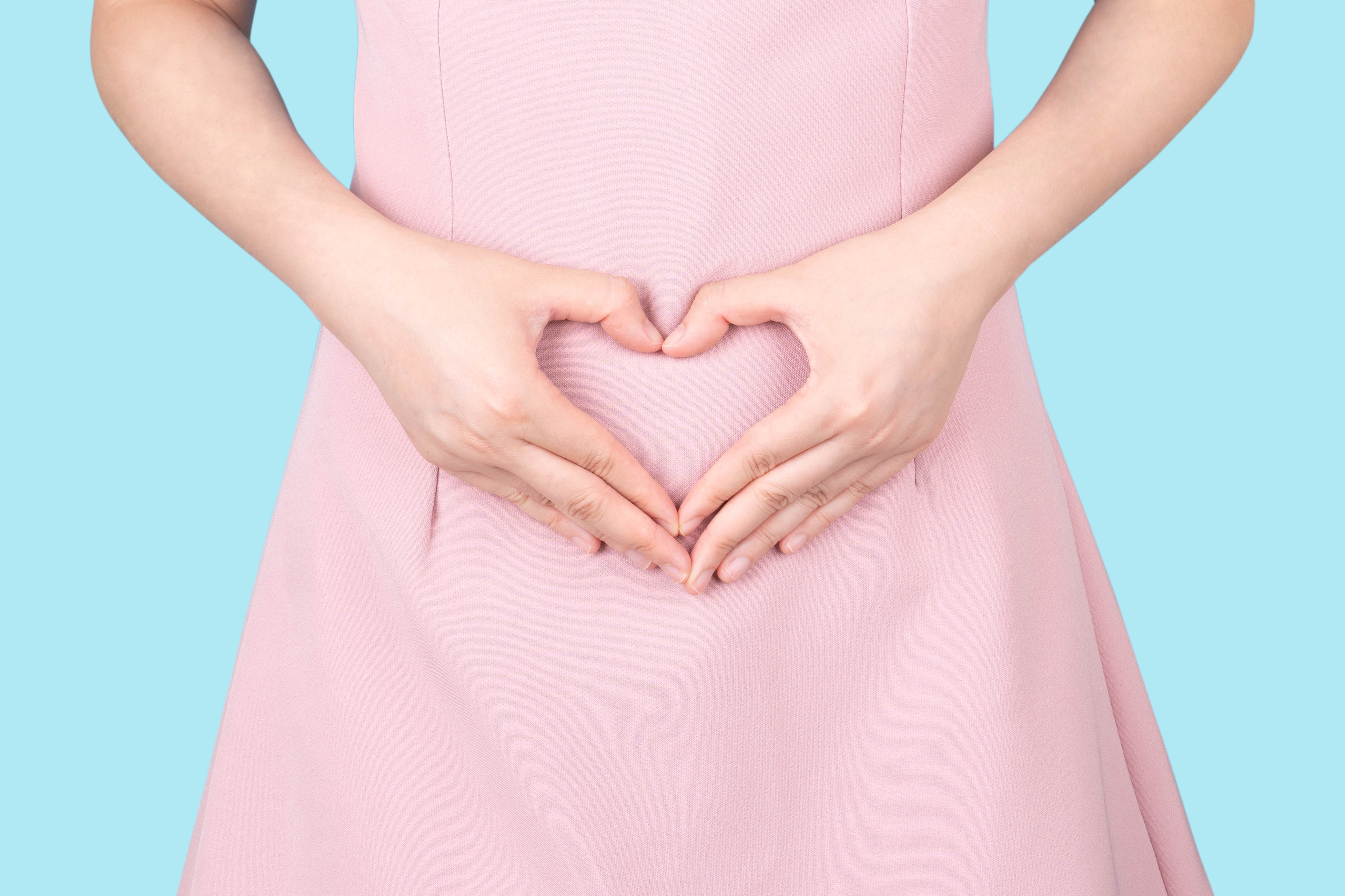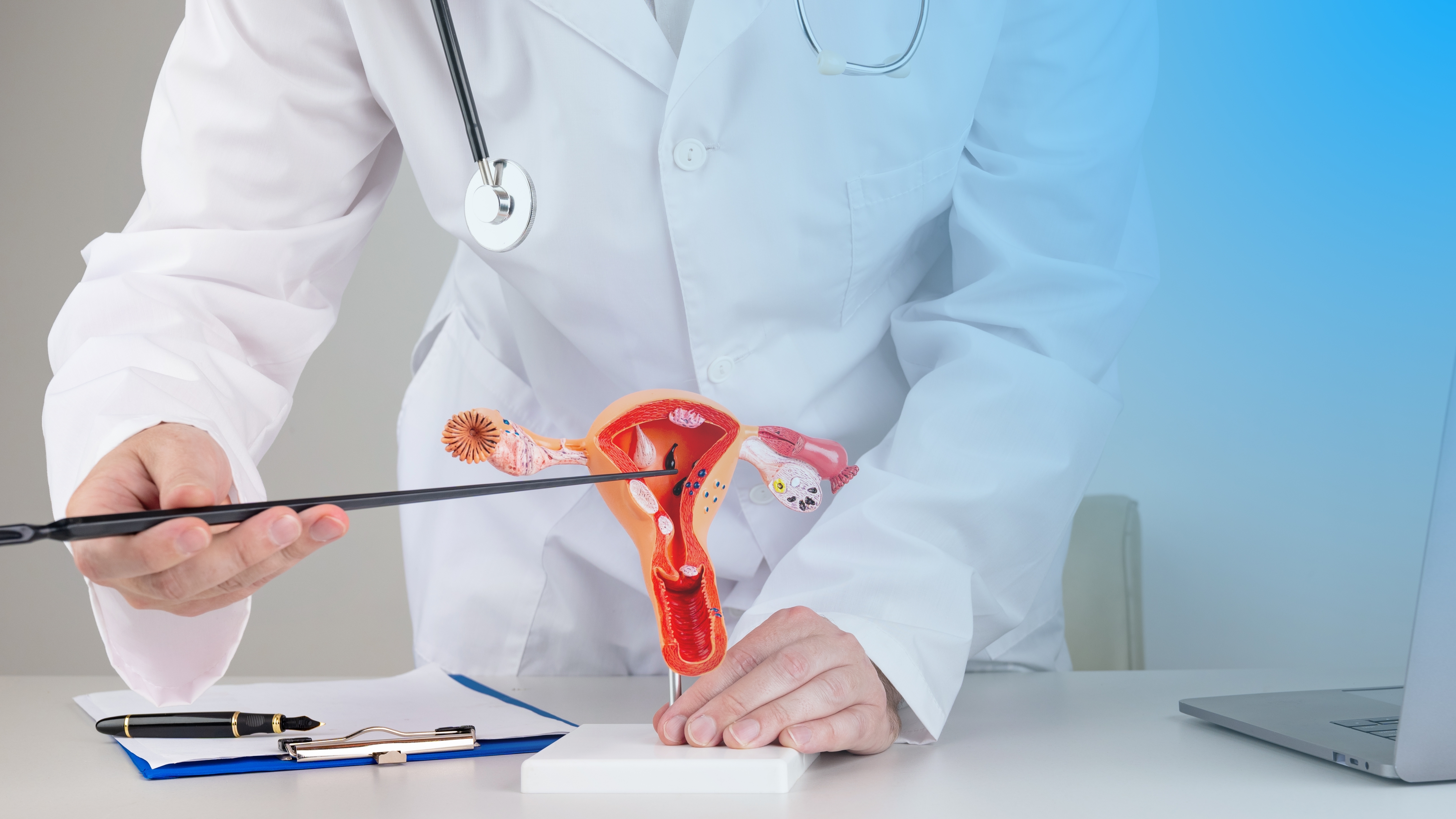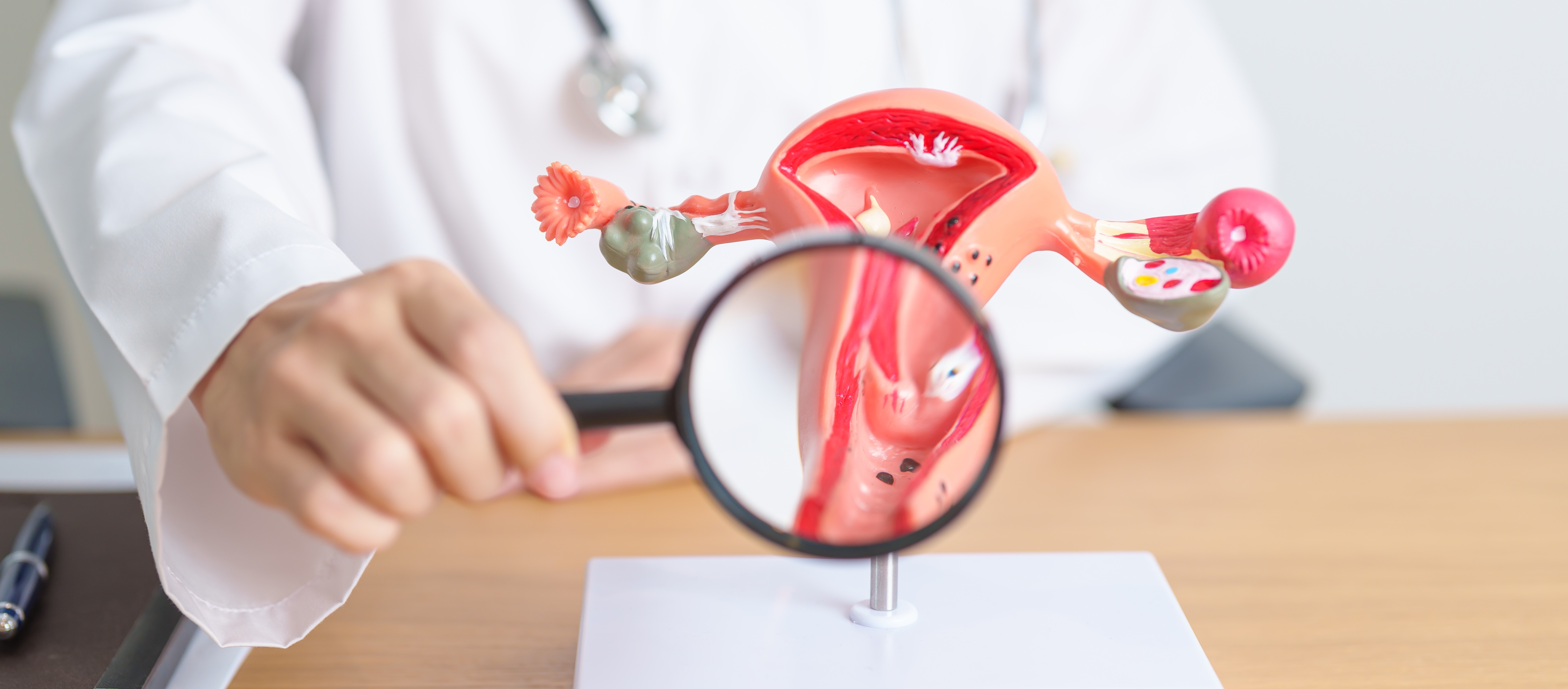Kidney Stones - Symptoms, Causes & Treatment
Written By: Dr. Amgad Farouk
Updated On:December 22, 2023

What are Kidney Stones?
Kidney stones are crystalized grits that can form in your bladder, ureter, urethra or kidneys. While small kidney stones may pass through the urinary tract unnoticed without any kidney stone symptoms, the larger ones tend to cause discomfort and various health problems if not treated on time.
Symptoms of kidney stones
The most obvious and immediate symptom of kidney stones is the sharp pain they cause. While the stone is still inside the kidney, you may not experience symptoms, with the pain typically starting once the stone slides down into your ureter. If you are experiencing the below symptoms, it’s likely you have a kidney stone.
Kidney stone signs and symptoms include:
- Severe pain in one side of the back or abdomen: One of the hallmark symptoms of kidney stones is intense, stabbing pain that typically occurs suddenly and can radiate from the side of the back or lower abdomen toward the groin. The pain may come in waves and be excruciating.
- Discoloured or foul-smelling urine: Kidney stones can sometimes cause changes in urine colour, making it appear cloudy, pink, red, or brown. Additionally, urine may have a strong or foul odour due to the presence of blood or bacterial infection.
- The presence of blood in the urine: Haematuria, or blood in the urine, is a common symptom of kidney stones. The urine may appear pink, red, or brownish in colour, indicating the presence of blood from irritation or injury to the urinary tract caused by the passage of the stone.
- Nausea: Many individuals with kidney stones experience nausea, which can range from mild discomfort to severe queasiness or vomiting. Nausea may result from the intense pain associated with kidney stones or the body's response to the urinary tract obstruction.
- Vomiting: In addition to nausea, vomiting may occur as a result of the severe pain and discomfort caused by kidney stones. Vomiting can also be a response to the body's physiological stress from the obstruction in the urinary tract.
- Goosebumps: Goosebumps may occur as a physiological response to severe pain and discomfort associated with kidney stones. This reaction is caused by the body's release of stress hormones in response to the pain.
- Fever: In some cases, kidney stones can lead to fever, particularly if there is an associated urinary tract infection (UTI). Fever may indicate the presence of infection and should prompt immediate medical attention.
- Frequent urination: Individuals with kidney stones may experience an increased urge to urinate, even if they pass only small amounts of urine at a time. This symptom may result from irritation or obstruction of the urinary tract by the stone.
- Urinating in small amounts even though the urinary bladder is full: Kidney stones can cause urinary retention, where the bladder does not empty completely despite feeling full. This sensation can be frustrating and uncomfortable, contributing to urinary urgency and frequency.
When to see a doctor for kidney stones
Whatever the type of kidney stone you are suffering from, all of them have the potential to adversely impact your quality of life. With particularly painful cases – when you’re uncomfortable sitting, standing or even lying down – as well as consistent nausea, book an appointment as soon as you can. Urine and urination are also factors to consider. If you are having trouble urinating or notice blood in the liquid, it’s important to seek medical attention to treat kidney stones.
Causes of Kidney Stones
Kidney stones can be caused by high levels of harmful chemicals in the body or persistent dehydration, which increases the concentration of urine being passed into your bladder and may lead to the crystallization of minerals. There are various types of kidney stones that have individual causes. A general rule of thumb to prevent this painful condition is by increasing your intake of water. Other common causes of kidney stones are a poor diet, consumption of certain medications or supplements and obesity. Despite what the condition is called, kidney stones can occur in various parts of the urinary tract. For example, the condition can occur in the kidneys but can equally occur in the bladder.
Types of Kidney Stones
There are five primary types of kidney stone. The likelihood of developing each may be impacted by your family medical history as well as diet.
Calcium oxalate
This is the most common category of kidney stone. They develop when there is not enough citrate and an overabundance of calcium and uric acid or oxalate in your urine. These particular stones often occur with diets high in oxalate, a substance naturally found in animals and plants, including spinach, potatoes and beets, as well as nuts, black tea and chocolate. For patients suffering from calcium oxalate stones on a recurring basis, doctors may evaluate urinary function and metabolism through blood tests and urine sample analysis. Dietary modifications are often the solution to prevent calcium oxalate stones from developing regularly.
Calcium phosphate stone
These are caused by a malfunctioning urinary system. This may occur in tandem with calcium oxalate stones and, as with those, blood and urine tests may be required to determine the cause.
Struvite stones
These tend to be more prevalent in women and are caused by some variants of urinary tract infection (UTI). Struvite stones are usually the fastest growing and biggest kidney stone. If not dealt with, these stones can cause recurring and often acute UTIs and potential kidney failure.
Uric acid stones
These, on the other hand, are more prevalent in men. They tend to afflict people who consume too much animal protein and/or aren’t staying sufficiently hydrated. People who have undergone chemotherapy, have gout or a history of uric acid stones in the family are most susceptible to this kind of kidney stone.
Cystine stones
These are the result of cystinuria, an inherited genetic disorder that sees the urine collect disproportionate amounts of cystine, an amino acid. This may cause cystine stones to develop in the kidneys, bladder and ureters.
Kidney Stone Treatments:
While some minor kidney stones can be passed through the urine by simply increasing your water intake, severe cases require medical attention and professional kidney stone treatment. Kidney stone treatment depends on the type of stones, but range from shock waves that break up larger stones to the doctor removing the stone from your ureter or bladder and tunnel surgery in the severest of cases. Your doctor can customize a plan according to your symptoms, family history and severity of pain you’re experiencing.
Lithotripsy:
Shock waves that break down larger kidney stones so they can easily pass through urination. Anesthesia is required for this procedure.
Tunnel surgery:
A tunnel surgery procedure may be required through the back to treat severe complications if:
- The stone is too large to pass through urination
- The patient is experiencing severe pain
- The stone is damaging the kidney
Ureteroscopy:
This is when a doctor may use a tool called a ureteroscope to remove a stone that’s accessibly stuck in the ureter or bladder.
Medication:
Medication for kidney stones may be prescribed by a doctor, according to your particular condition as it varies from person to person. Over-the-counter medicines such as ibuprofen may help alleviate the pain until the stone passes.
Kidney Stone Complications
If you ignore them, kidney stones can cause severe health issues. They could narrow or completely seal off the ureter, which can lead to infection, while a build-up of urine can damage your kidneys. While some of the following problems are rare – the pain forces most patients to seek kidney stone treatment before they can cause complications – complications may vary according to the severity of your condition (size of the stone).
Some complications of kidney stones include:
- Infection spreading throughout the body (sepsis)
- Fragments of the kidney stone blocking or causing injury to the ureter, the tube connecting bladder and kidney
- Urinary tract infections (commonly known by the acronym UTI)
- Pain
- Bleeding during surgical procedures
Risk factors for kidney stones
There are many risk factors for developing a kidney stone, though one of the biggest is passing less than a litre of urine every day. This is usually a symptom of not drinking enough water. Meanwhile, recent studies have suggested that men may have a higher risk of developing kidney stones than women. A diet high in sodium and animal protein forces your kidney to synthesize higher amounts of calcium, which is a common risk factor for developing kidney stones.
Some kidney stones risk factors are:
- A family history of kidney stones
- Having had kidney stones in the past
- Dehydration
- A high-sodium diet with overconsumption of animal protein
- Being obese
- Having previously undergone a digestive disease or surgery
- Conditions such as cystinuria and urinary tract infections may increase your risk of developing kidney stones
Kidney Stones Prevention
While kidney stones can be extreme, it is relatively easy to avoid them. Since a primary cause of kidney stones is dehydration, a simple measure to avoid getting them is drinking enough water. Reducing foods in your diet that are high in both salt content and animal protein also helps. Here is a list of proactive measures that can help kidney stone prevention:
- Stay hydrated: It is recommended you drink at least 6-8 glasses of water a day. This helps you urinate frequently and flushes out your kidneys.
- Avoid oxalate-rich foods: These are high in sodium and animal protein.
- Be mindful of your body: If you have a family history of kidney stones or high uric acid, take precautions.
- Calcium intake: Although kidney stones are calcified crystals, sufficient calcium intake can be helpful if required.
- Talk to your doctor: Talk to your doctor if you feel you are at risk of developing kidney stones. There are medications to help curb the absorption of calcium.
If you are exhibiting any symptoms of kidney stones, get in touch with a Urologist at Medcare for kidney stone treatment today.
Meet our doctors from the Urology department






















